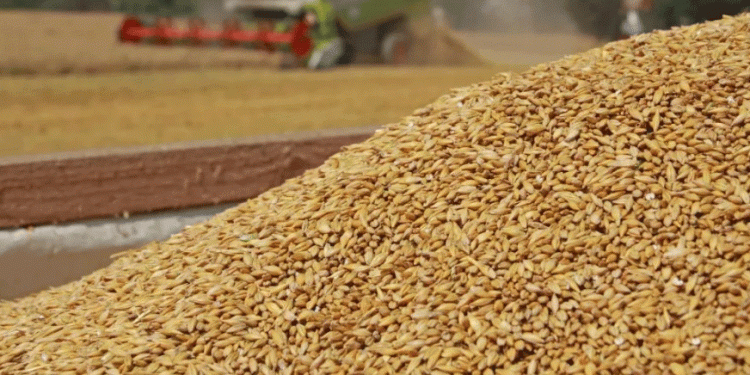The 2024 barley harvest has left many farmers and agronomists in Poland and Germany disheartened. Reports indicate that barley yields are ranging from around 4 tons per hectare to 7-9 tons per hectare, with the average falling short of expectations. To understand why, we turned to Professor Schönberger from N.U. Agrar, a well-known agronomy expert.
Key Factors Affecting Barley Yields
Several factors have contributed to the lower-than-expected barley yields this year.
- Excess Moisture: Excessive moisture during the autumn months created unfavorable conditions for barley planting. This issue was compounded by persistent rain, which affected not only barley but also wheat planting, leading to approximately 400,000 hectares of unplanted wheat in Germany.
- Pest and Disease Pressure: In Poland, strong aphid pressure in the autumn and subsequent issues with yellow dwarf virus further exacerbated the yield problems. These factors impaired plant health and growth, impacting the overall yield.
- Spring Frosts: Early spring frosts accelerated the vegetative cycle of barley, leading to further yield reductions. This was especially problematic as it interfered with the plant’s ability to develop optimally.
- Lack of Sunlight: According to Professor Schönberger, insufficient sunlight and low UV radiation also played a significant role. Barley requires adequate sunlight for proper development, and the reduced exposure this year has hindered growth.
Comparative Analysis
The situation is not isolated to Poland. In Germany, barley yields have similarly been disappointing. The persistent wet weather has led to poor growth conditions, and many barley crops have suffered from root damage due to waterlogging.
The 2024 barley harvest highlights several critical challenges faced by farmers, including excessive moisture, pest and disease pressures, spring frosts, and insufficient sunlight. Addressing these issues requires improved management practices and potentially adaptive strategies to mitigate the impact of such adverse conditions in future growing seasons.
Error




